

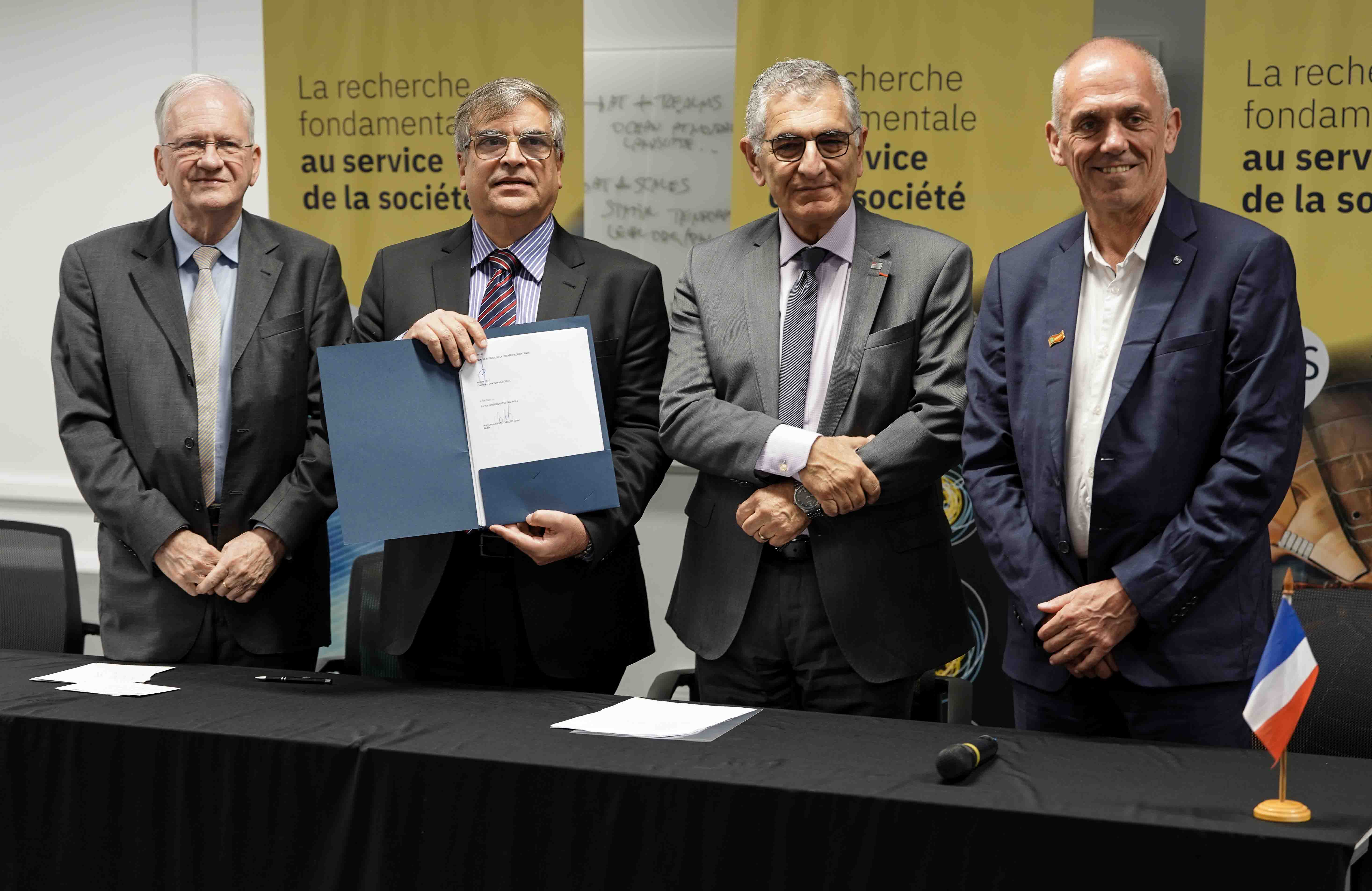
FAPESP signed a memorandum of understanding to fund projects that will be conducted at the IRC.
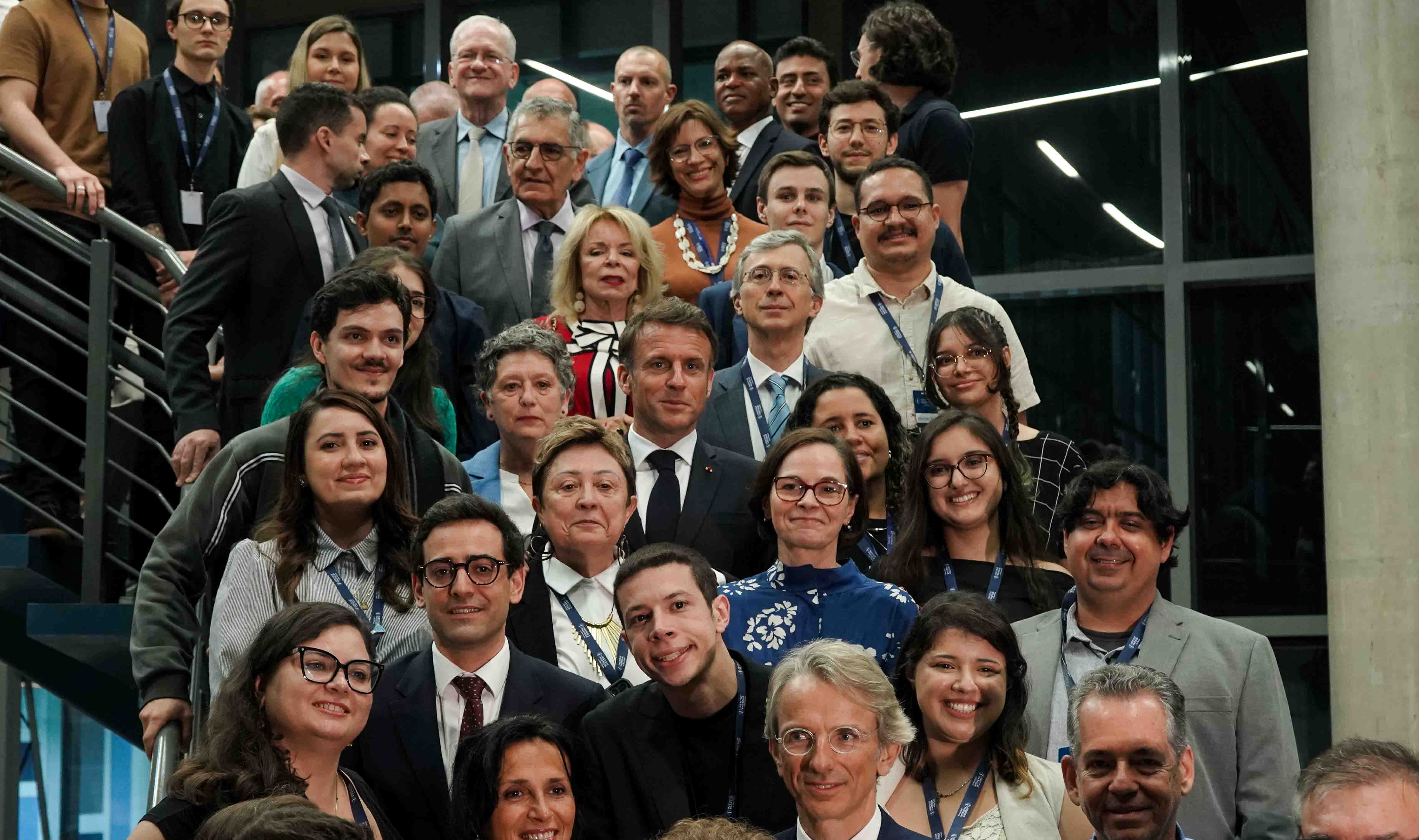
The new member of the Pasteur Network, which comprises 33 laboratories in 25 countries, is being equipped with the support of FAPESP, which is also funding several young researchers associated with the institute.
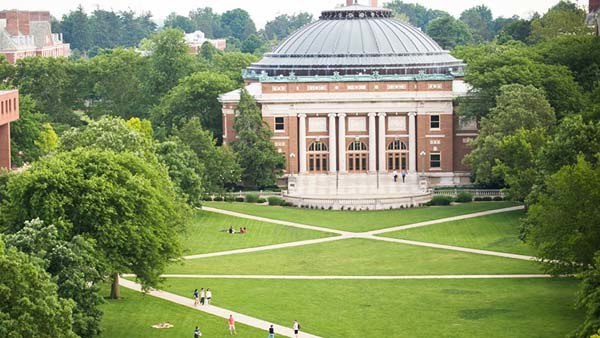
The Brasillinois program, which will be launched this month during FAPESP Week Illinois in the United States, aims to promote student and faculty mobility and foster connections in areas such as climate and sustainability, medicine, public health, and social inclusion.
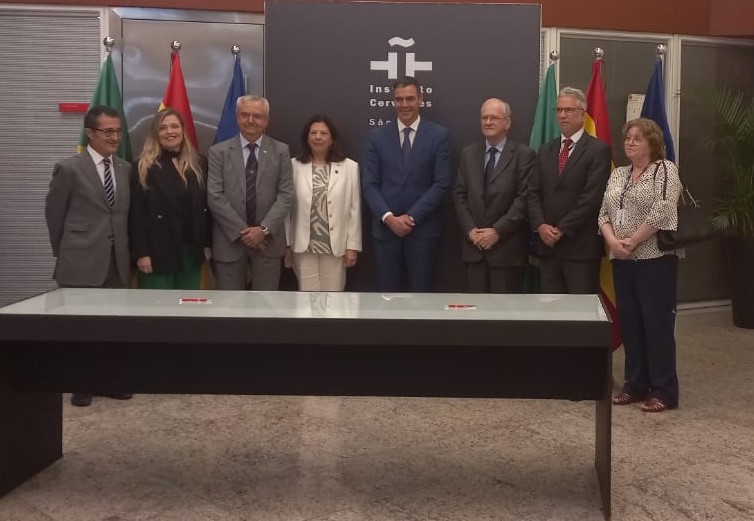
Pedro Sánchez, Prime Minister of Spain, was present at the ceremony in São Paulo where the MoU was signed by the Spanish ambassador to Brazil and the President of FAPESP.
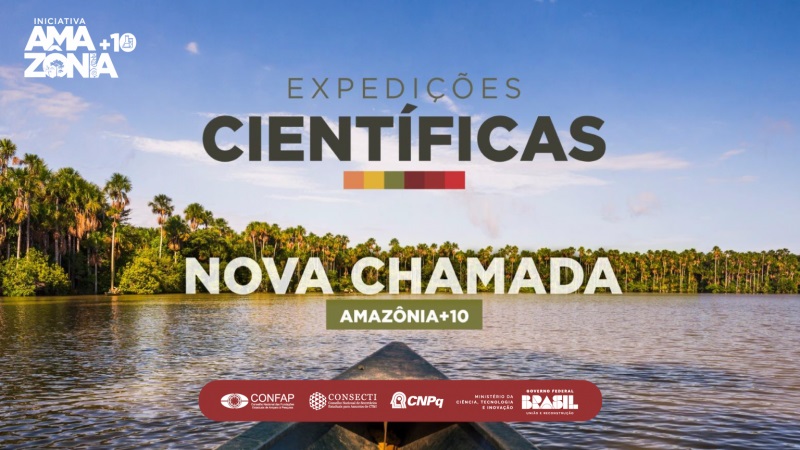
With the new contributions from abroad, the Scientific Expeditions call, issued in partnership with the National Council for Scientific and Technological Development, now has a fund totaling some BRL 94 million.
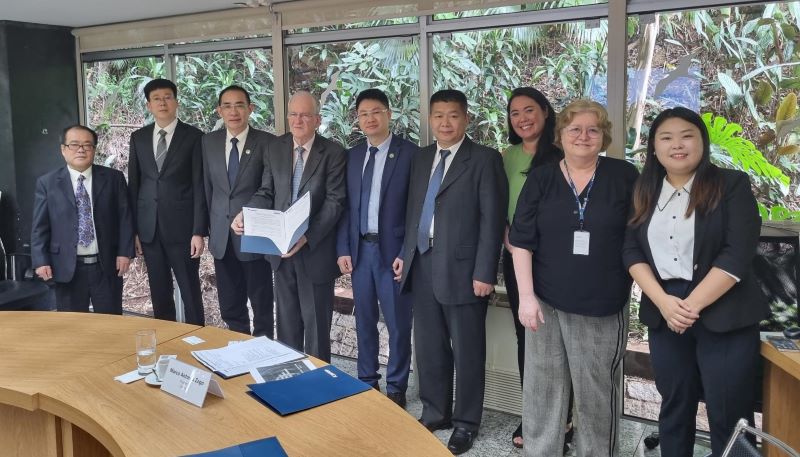
The aim is to foster scientific and technological collaboration between researchers affiliated with the Chinese entity and colleagues at universities and research institutions in São Paulo state.
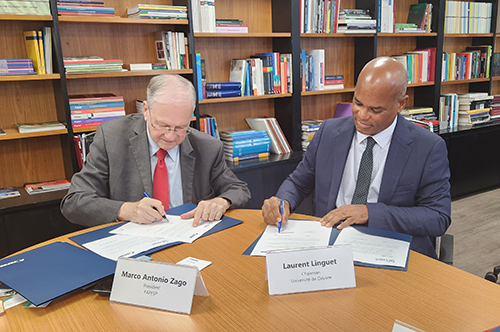
The two parties are interested in collaborative research on sustainable use of biodiversity in the Amazon, prevention of transmissible and chronic diseases, and sustainable construction, among other subjects.
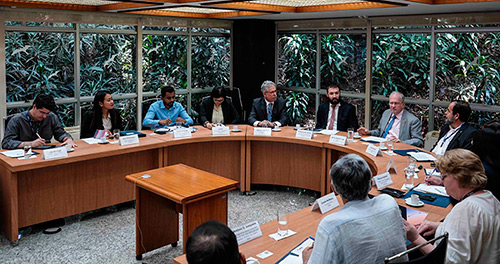
Indonesia, Malaysia, Philippines, Singapore Thailand and Vietnam have dynamic economies and similarities with Brazil that make collaboration particularly relevant.
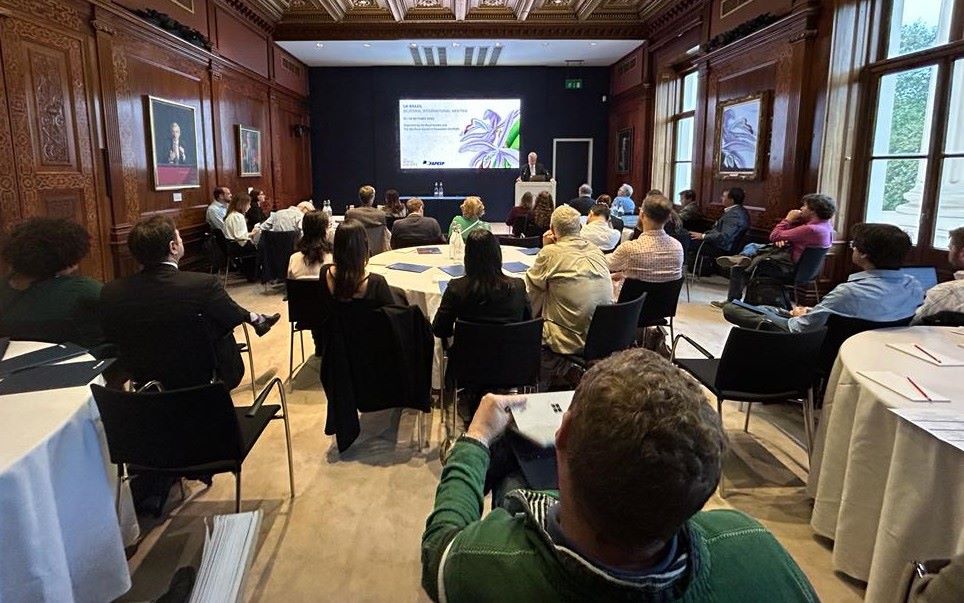
The purpose of the event was to build ties and foster collaboration between researchers in São Paulo state and the United Kingdom.
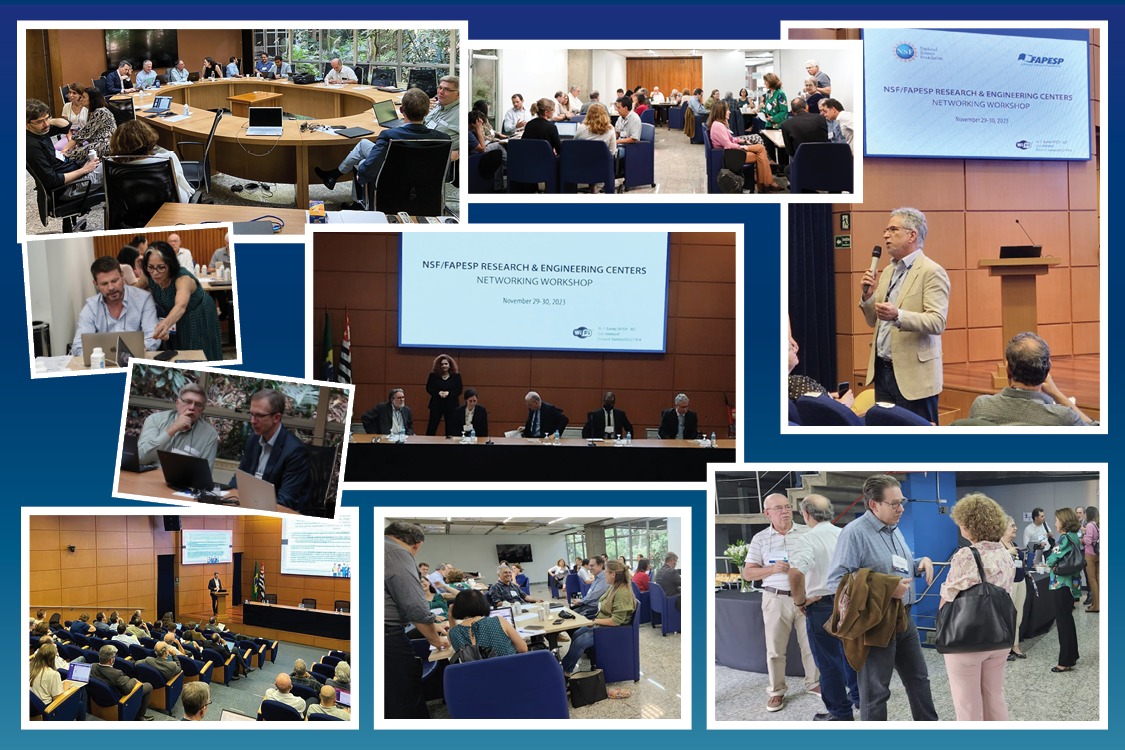
The event took place in São Paulo on November 29-30 to foster interaction and promote center-to-center relations.
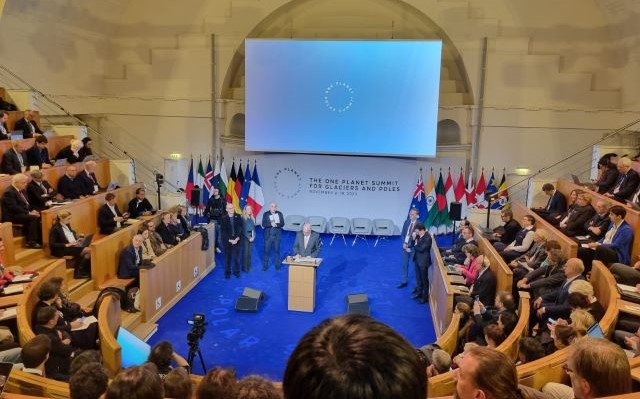
The One Planet Polar Summit was attended by people from over 40 countries, including researchers, experts, members of business enterprises and nonprofits, and representatives of Indigenous Peoples.
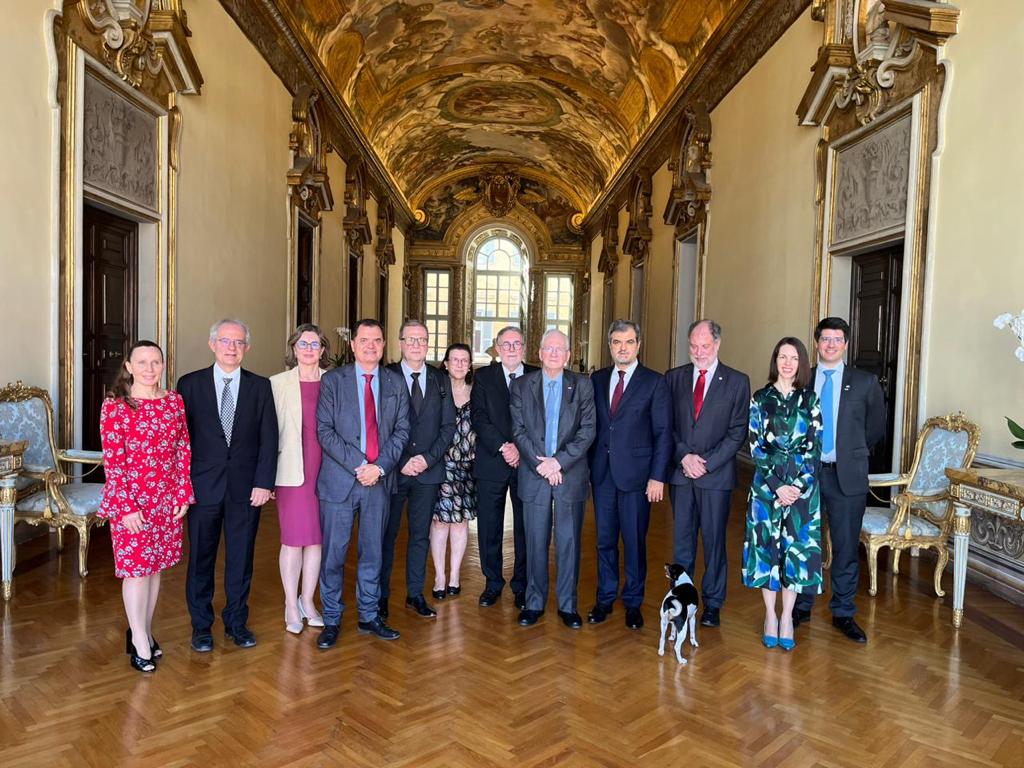
Senior executives of the foundation visited leading Italian universities and scientific institutions with the aim of increasing collaboration.
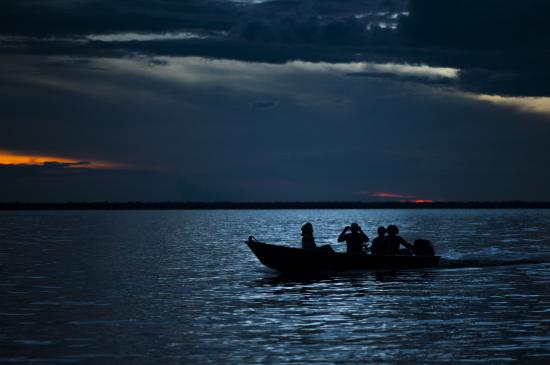
Subnational funding agencies and Brazil’s National Scientific Council will partner to allocate almost BRL 60 million to research projects that explore little-known areas of the world’s largest tropical forest.
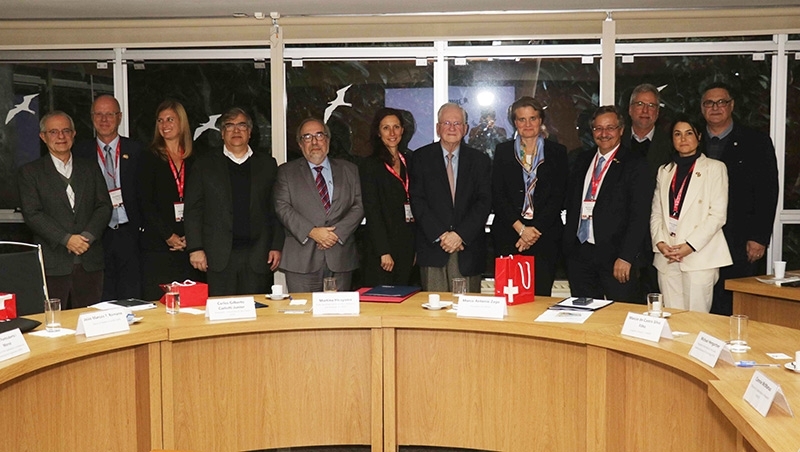
Similar programs and FAPESP’s pragmatism arouse interest in intensifying collaboration and joint calls for proposals involving research centers in Switzerland and São Paulo.

The call was issued in 2022 by the Global Alliance for Chronic Diseases, a transnational consortium of research funders set up to combat chronic non-communicable diseases in low- and middle-income countries. Two proposals supported by FAPESP were among those approved.
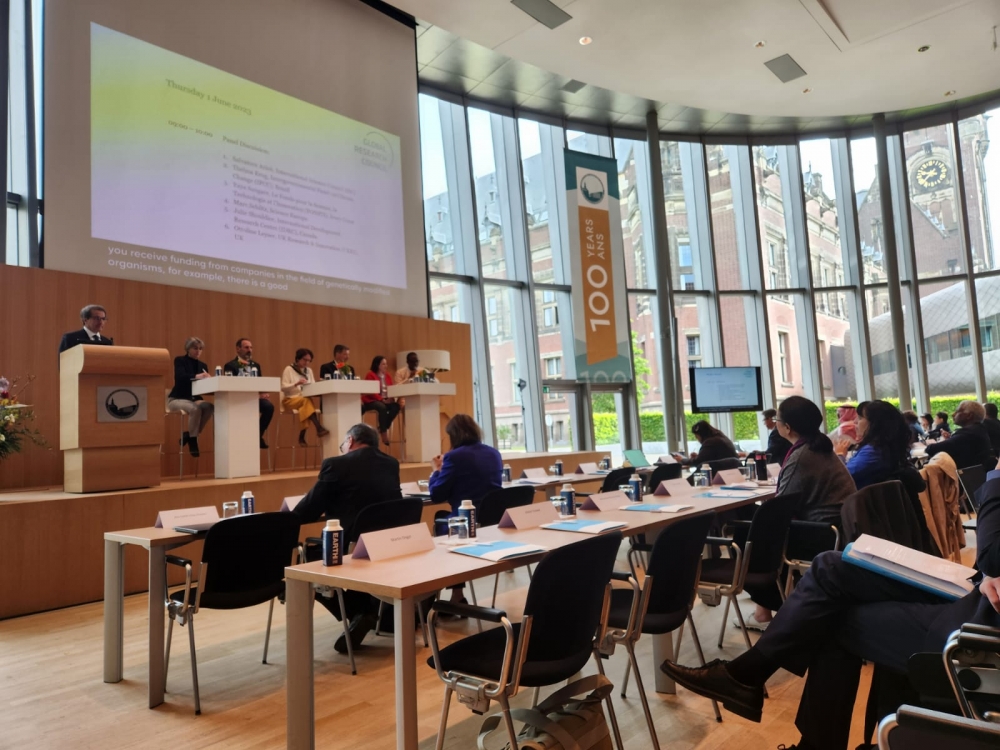
First meeting was held last week in The Hague, Netherlands, during the Annual Meeting of the Global Research Council.
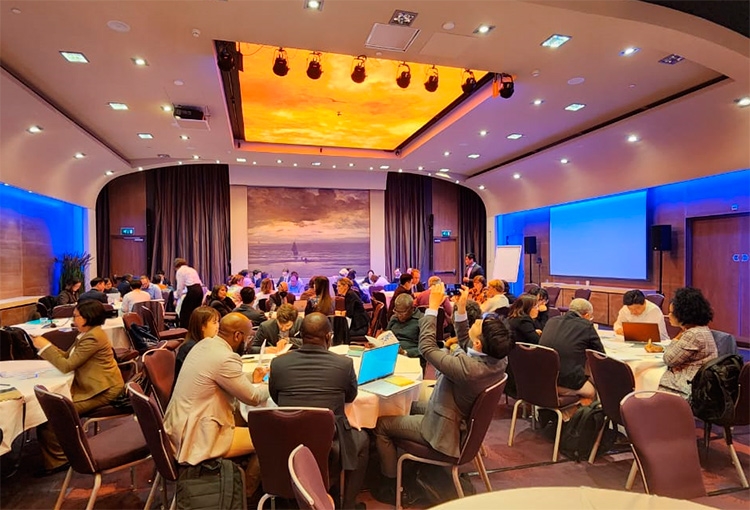
Debate was hosted by Swedish, American and Japanese research funding agencies at the Annual Meeting of the Global Research Council.
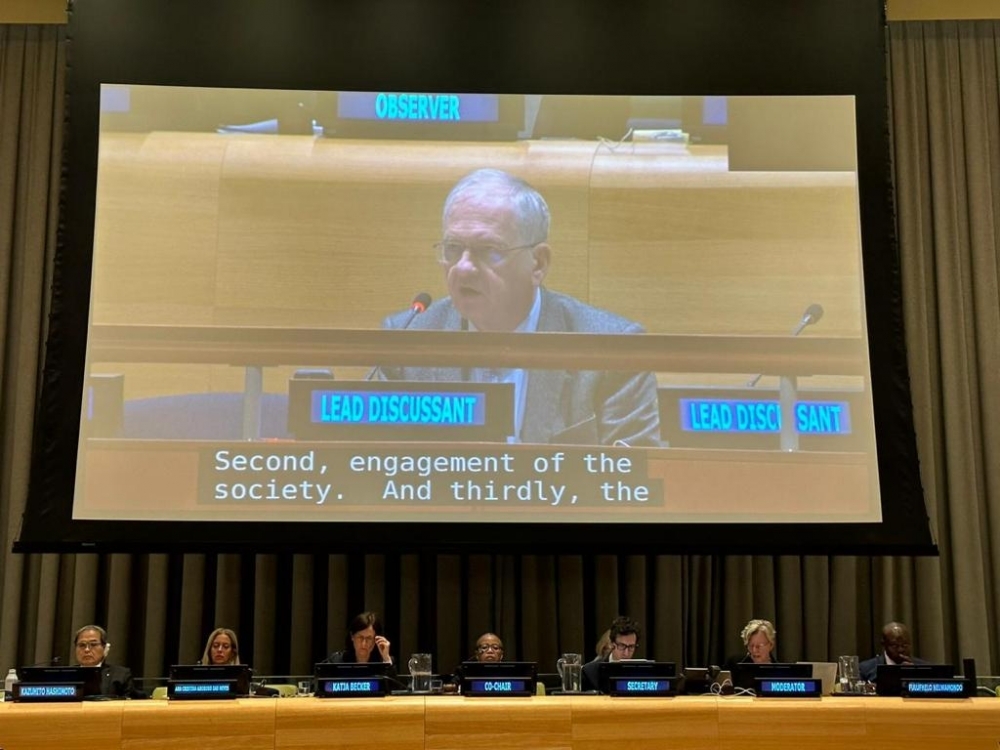
FAPESP has funded more than 40,000 research projects linked to one or more SDGs, said Marco Antonio Zago.

In an interview given to Agência FAPESP, the new director reveals his plans to seek more partnerships with institutions, strengthen the Foundation’s international ties and simplify processes by cutting bureaucracy.
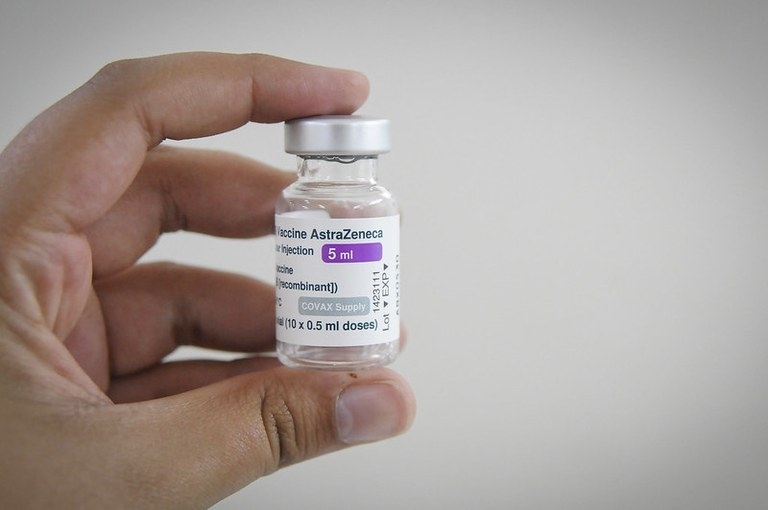
Researchers show the importance of political skill on the part of federal research institution Fiocruz and regulatory agency ANVISA in the process that resulted in the signature of an agreement with pharmaceutical company AstraZeneca in mid-pandemic.
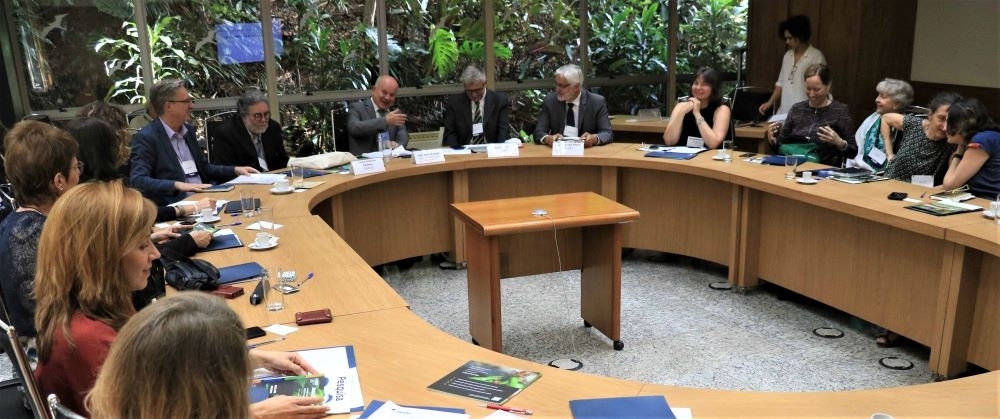
Representatives of German universities, research institutions and funding agencies were welcomed at FAPESP’s headquarters in late March. The Amazon and renewable energy are areas of interest for new bilateral partnerships.
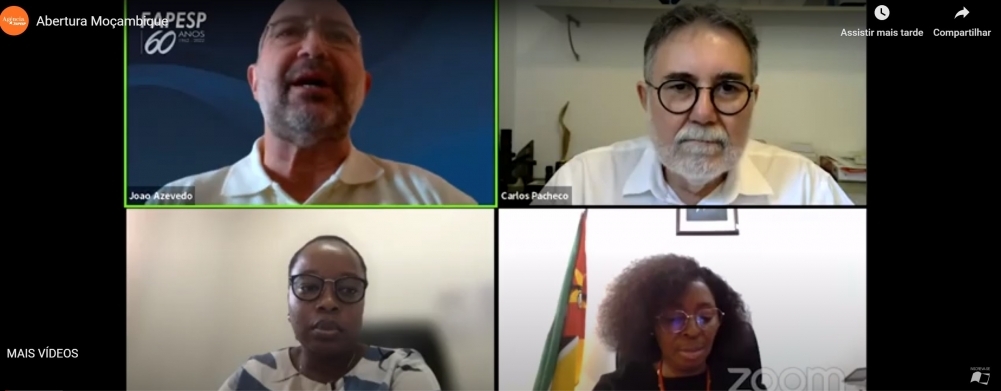
A webinar co-hosted by the two organizations featured researchers from São Paulo and the southeast African country discussing ways to promote scientific collaboration in areas such as climate change, natural disaster monitoring, agriculture, health, and bioenergy.

Agreement simplifies design of new instruments and tools for collaboration between researchers in São Paulo and the United States.

A memorandum of understanding was signed in Paris by the heads of FAPESP, ANRS and INSERM. Creation of Institut Pasteur de São Paulo, to be hosted by the University of São Paulo with more than 80 researchers, was also formalized in the French capital.
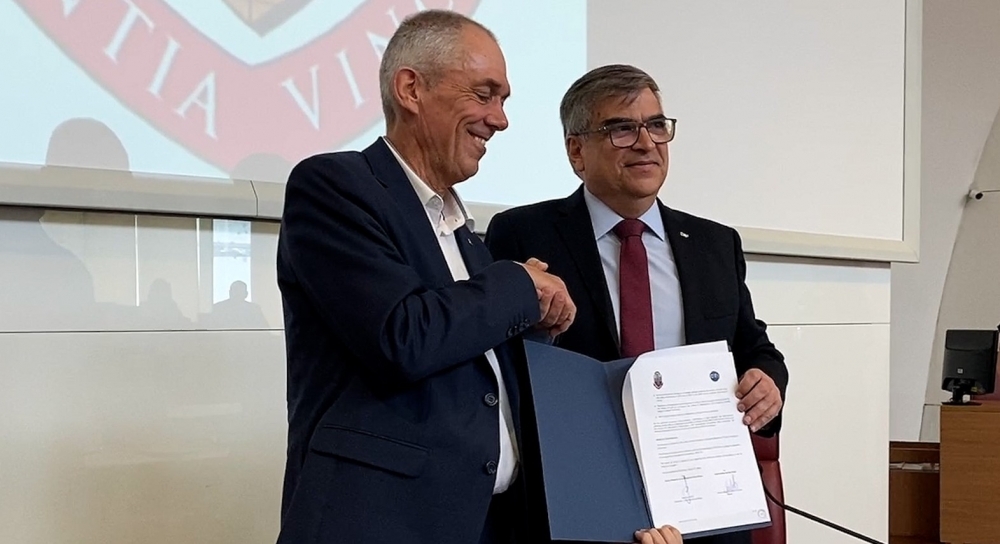
France’s leading public-sector scientific research organization already has similar partnerships in the US, UK and Japan. FAPESP President Marco Antonio Zago expressed interest in supporting projects conducted at the center to be set up in São Paulo, Brazil, focusing on areas such as oceanography, biodiversity, and sustainability.